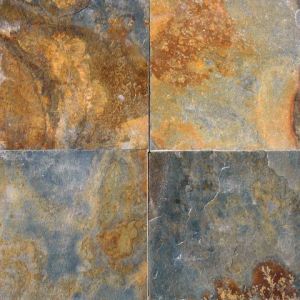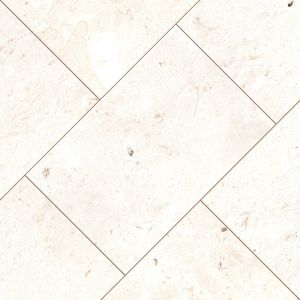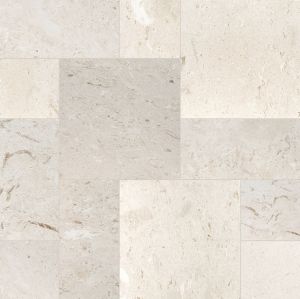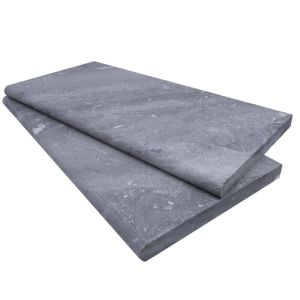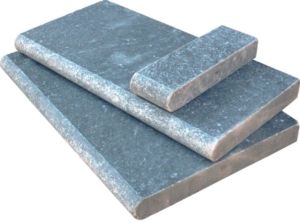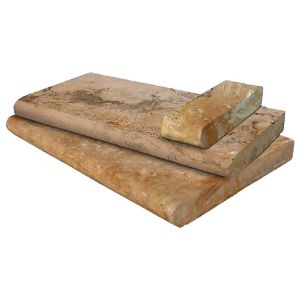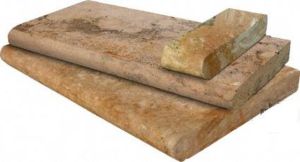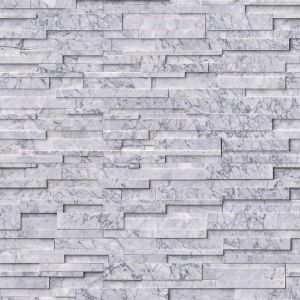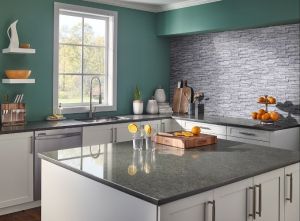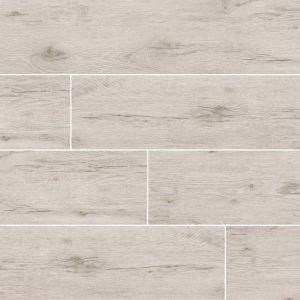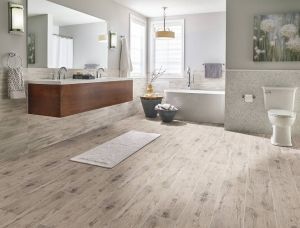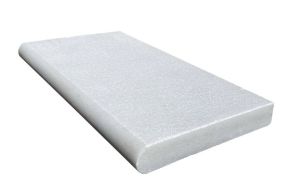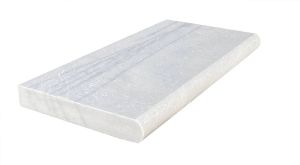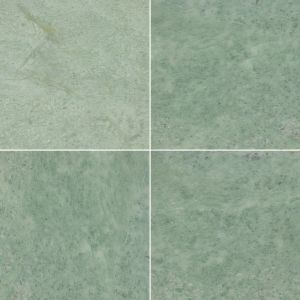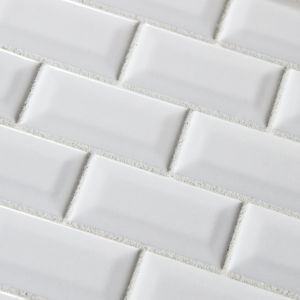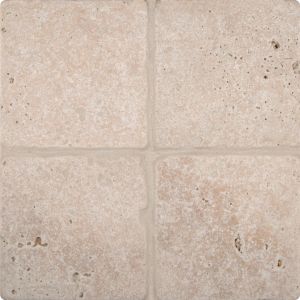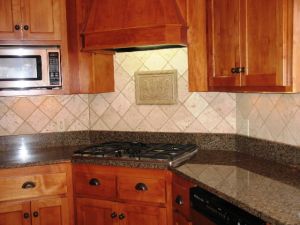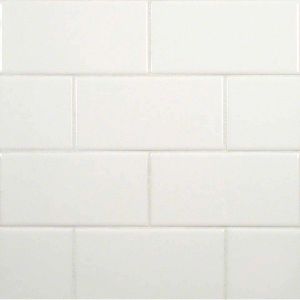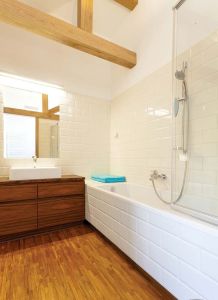This website uses cookies to ensure you get the best experience on our website. Read more
Porcelain Vs Ceramic: Which is the Best Tile for Flooring?

Both porcelain and ceramic tiles are made from clay. In fact, porcelain itself is a type of ceramic. So, what’s the difference between the two? Which tile would be better for residential flooring?

We will explore a few questions like these under the following subsections –
Manufacturing Process –
Both these clay-made tiles are manufactured the same way. A dough of clay is prepared involving some additives. The dough is rolled or pressed, cut using a mold (in desired shape and size), dried, and fired at extreme high temperatures.
Porcelain tiles are taken to extreme temperatures more than once.
Density –
The density of porcelain tiles is higher than that of ceramic tiles. That’s mainly because the clay used in the production of ceramic tiles is not as fine as the clay of porcelain tiles.
As a result, ceramic tiles are not as strong as porcelain tile. But that definitely does not mean, ceramic tiles are low grade or cheap quality.
Durability –
Because of the quality of clay and superior density, porcelain tiles outperform ceramic tiles in many conditions. Ideally, ceramic tiles last for 5 to 6 years, and porcelain tiles about a decade.
However, if you can ensure right care, both ceramic and porcelain tiles will last longer than a decade.
Strength –
Density is a common measure for strength. As mentioned, porcelain tiles are denser, it is pretty obvious that they are stronger too.
You can use porcelain tiles in high-traffic residential and office floors.
Again, that does not mean that ceramic tiles are weak.
Price –
Ceramic tiles cost lower than porcelain tiles do. But one thing you need to keep in mind is that they are not cheap quality.
If you have a flexible budget and are looking for branded materials, then porcelain tiles would be great choice for your flooring.
Browse through our exclusive ceramic-porcelain tile collection to find your material and place your order now!
Comment(s)
